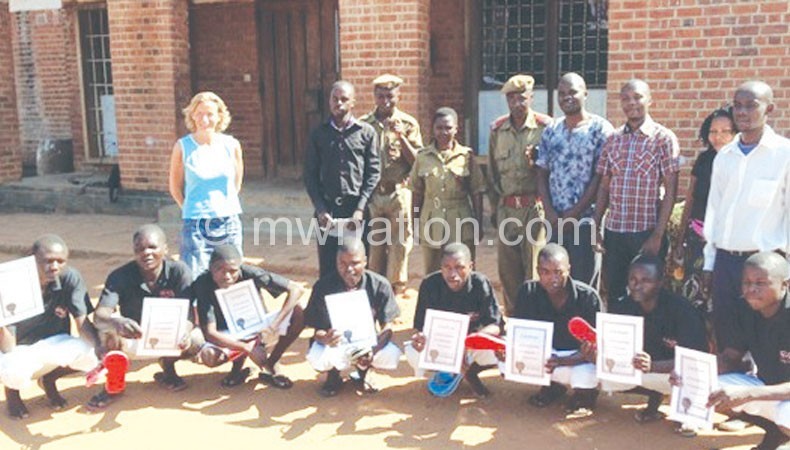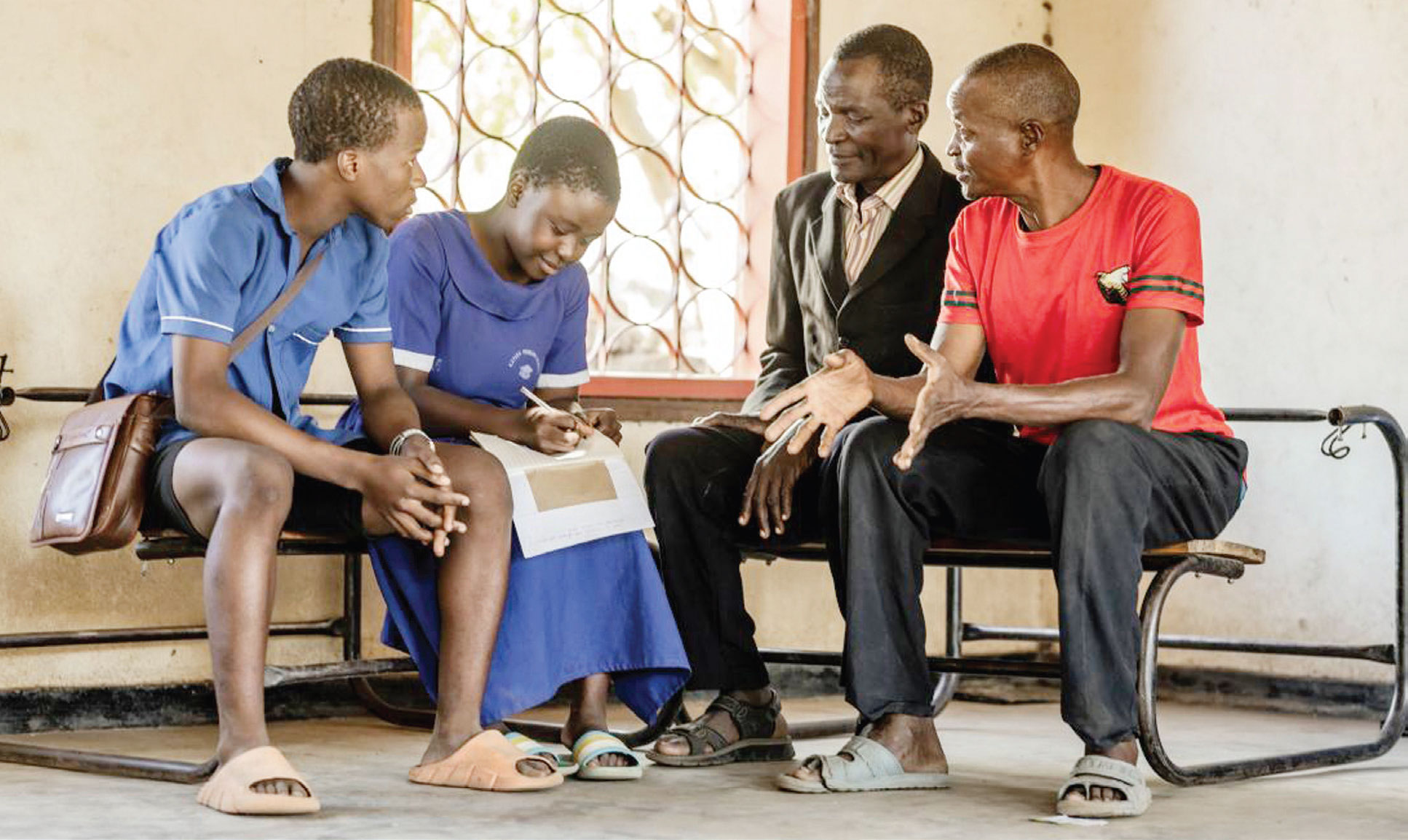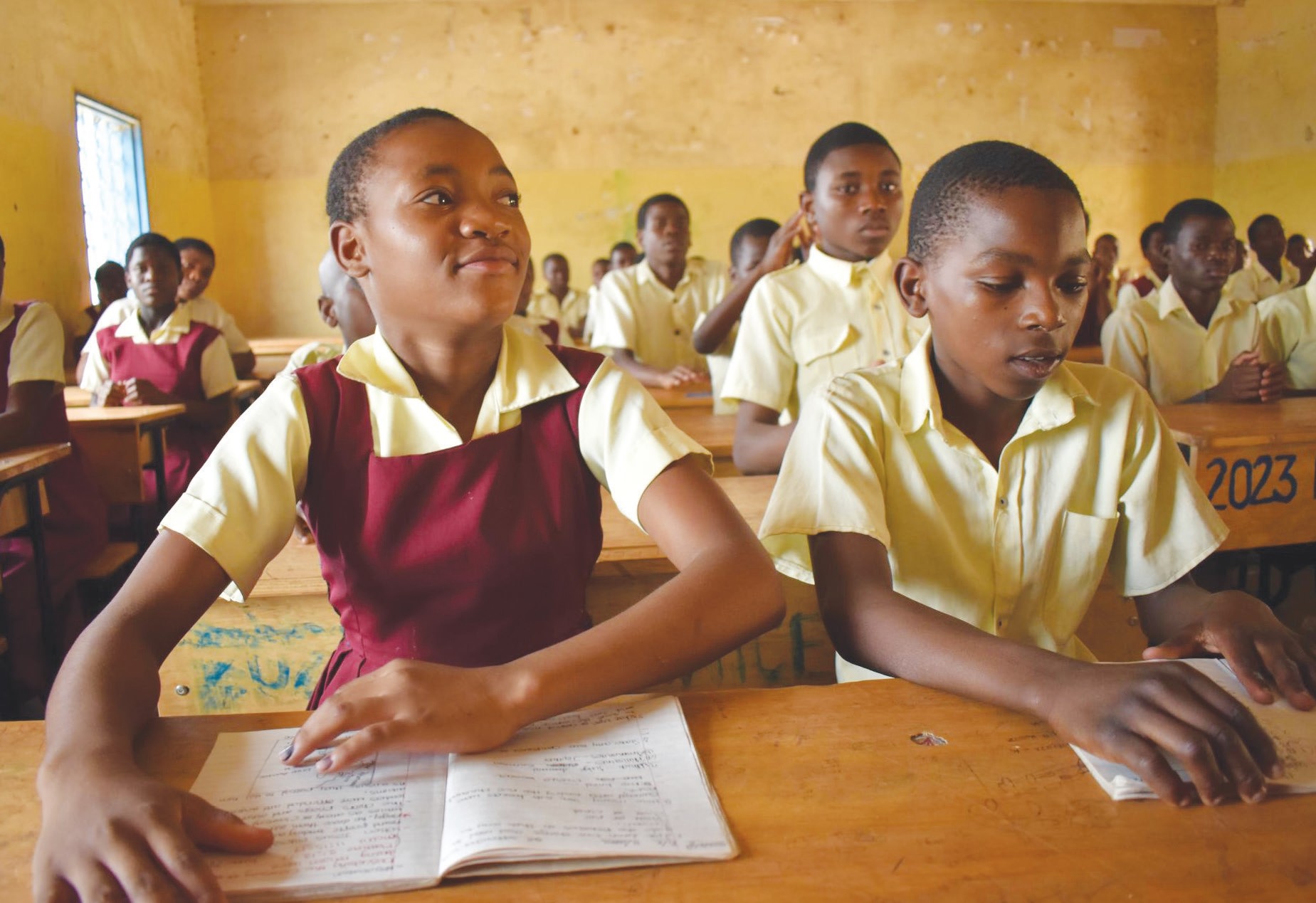Mikuyu: From torture to teacher
Jonas Sengo, 19, and renowned poet Professor Jack Mapanje, 71, do not know each other. But the two have one thing in common—they both have been prisoners at Mikuyu in Zomba.
Mapanje, in 1987, was—without being told his crime—arrested and detained for three years, seven months and 16 days.

Sengo, early last year, stole a bicycle, got arrested, was charged and sentenced to 10 months imprisonment.
However, Mapanje was at the Mikuyu Maximum Detention Centre. Those that disagreed, or were thought to have disagreed, with Dr Hastings Kamuzu Banda’s dictatorship were mercilessly detained without charge for years.
“When I was detained, it took one year and 10 months before I was allowed to see my wife and children and any of my relatives,” recalls Mapanje.
He adds: “In Mikuyu Prison where I was, no letters were allowed, no newspapers were allowed and no radio was allowed.”
When he left Mikuyu in 1991, Mapanje was a bitter and devastated man—so much that, to date, he is yet to return from his self-imposed exile.
But the Mikuyu Sengo went to was different one. It was a rehabilitation centre. He had regular family visits; he could listen to the radio and mix freely with friends.
In fact, Sengo—who was in Form Two when he got imprisoned—came out of Mikuyu a qualified carpenter.
The tale of the two Mikuyus represents the rewriting of the centre’s history—a transformation from being a centre of mental torture to one that prepares inmates for the future.
And that transformation started in 1994 when the centre was closed. Until early 2005, the centre operated as a museum with the aim of keeping the history of Kamuzu Banda’s dictatorship alive.
However, in 2005 government turned Mikuyu into a rehabilitation centre for young offenders. Since then the centre keeps about 300 young offenders—between ages 18 and 25—convicted of various crimes.
Martin Nalima, station officer at the centre, says the centre aims at cultivating the spirit of umunthu and relevance in these youths. However, challenged by inadequate funding, the centre has not performed to its best capacity.
Luckily, a local charitable organisation, Byounique Trust, came to their aid. Byounique programme manager Anita Tiggelar says their goal is to ensure that vulnerable children and young persons in Malawi do not get into conflict with the law, but rather get a chance to build up a good future.
Currently, Byounique Trust is working at Mikuyu and Bvumbwe rehabilitation centres. Tiggelar says the trust uses three strategies in their child justice work, namely prevention from committing crimes, rehabilitation of the convicted and raising community awareness on child justice.
The Nation visited Mikuyu recently and appreciated some of the rehabilitation initiatives among the young offenders which, among others, include counselling and imparting of vocational skills.
“From the follow-up visits that we have been having, we received information that many boys are struggling to find work or start a business after leaving the place.
“Because of that, we want to give these boys a fair chance to become financially independent. So, through the vocational skills training, we give these boys knowledge that they can use once they are released to find work or establish their own businesses,” says Tiggelar.
She adds that currently they are offering training in carpentry, tailoring and sustainable agriculture, among others.
“For each programme, we have developed a manual so that the boys learn according to a set programme. For the long term, we try to make these training programmes self-sustainable by producing and selling high quality products. All the profits go back to training the inmates,” Tiggelar says.
She adds that after three years of their intervention, they have seen many boys doing well after release, with the rate of those not re-offending at about 93 percent.
After a six-month training in carpentry, Sengo says the skills he has acquired will go a long way in making him a responsible citizen of the country. But he still intends to return to school.
“I have learnt a lot while here. I am now disciplined, mature and a skilled carpenter. I will now be a candle shining in the darkness of juvenile delinquency,” says Sengo on the day of his release.
Nalima adds that Byounique is giving life back to these youths who, to a greater extent, were discarded as deviants.
“They are complementing government’s efforts and they should be appreciated,” he says.
As part of its 2015 dreams, Byounique intends to introduce a Byounique Child Justice Award Project.
According to Tiggelar, the award will be granted to a Malawian young person who has been active in fighting for the rights of children in conflict with law.





